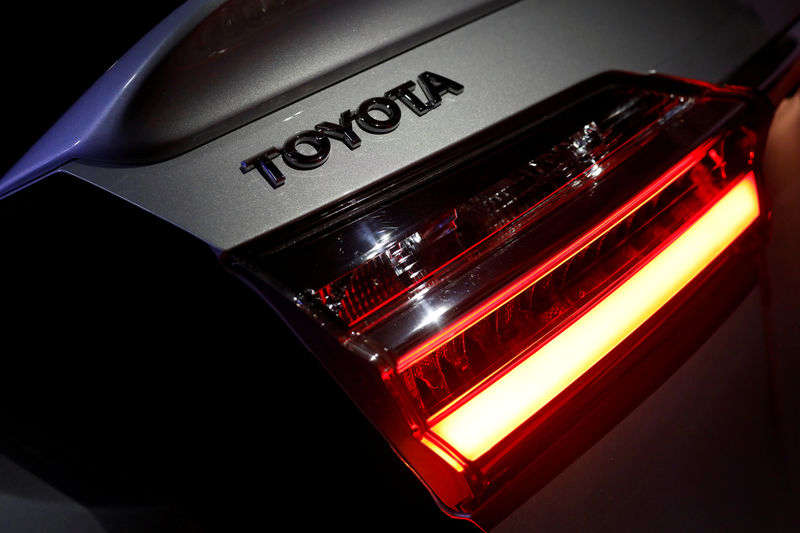This post was originally published on this site
https://i-invdn-com.investing.com/trkd-images/LYNXMPEJ4N0WG_L.jpg
As a transition to battery-powered cars brings down the amount of greenhouse gases that are released during the usage of a vehicle, a growing share of emissions in the automotive life-cycle will come from materials, the organisation said.
The world’s 16 biggest automakers consumed 40 to 67 million tonnes of steel in 2021, Greenpeace said, estimating that the carbon footprint of the steel materials these car manufacturers used could have been at least 77 million tonnes of carbon dioxide (CO2) in that year.
Despite net-zero commitments, automakers lacked “concrete actions” to decarbonise their steel, it said in a report.
“None of these companies disclosed the carbon footprint of the steel materials they used,” Greenpeace said in the report.
Greenpeace said it estimated the automakers’ steel consumption off a calculation using third-party sales data from car industry data group Marklines – including information on different models and a vehicle’s assumed weight – along with historical data on steelmaking carbon intensity by the World Steel Association.
The automakers that consumed the most steel last year and in 2021 because of high sales volumes, including of sports utility vehicles, were Toyota Motor (NYSE:TM) Corp, Volkswagen AG (OTC:VWAGY) and Hyundai Motor Group, Greenpeace said.
Volkswagen and Toyota said in statements to Reuters they were aiming to be carbon neutral by 2050, while Hyundai Motor Group said Hyundai Motor and Kia were “accelerating efforts” to become carbon neutral across their business operations.
Stellantis, the world’s No. 3 car maker by sales, which was named as fourth-biggest steel user in the report, said it aimed to reach carbon neutrality by 2038.
Toyota is working to explore the technological development and utilisation of low-CO2 steel materials, such as steel made by using hydrogen reduction and low carbon steel, a company spokesperson said in a statement.
The world’s top automaker holds briefing sessions with suppliers to promote CO2 reduction activities regularly since 2021, and meets them – including steel makers – individually each year to explain what it expects in terms of CO2 reduction.
A Volkswagen spokesperson said lowering CO2 emissions in the supply chain was “a key element” of its strategy as part of which it concentrates on reducing CO2 emissions where they are mainly generated during a car’s production.


